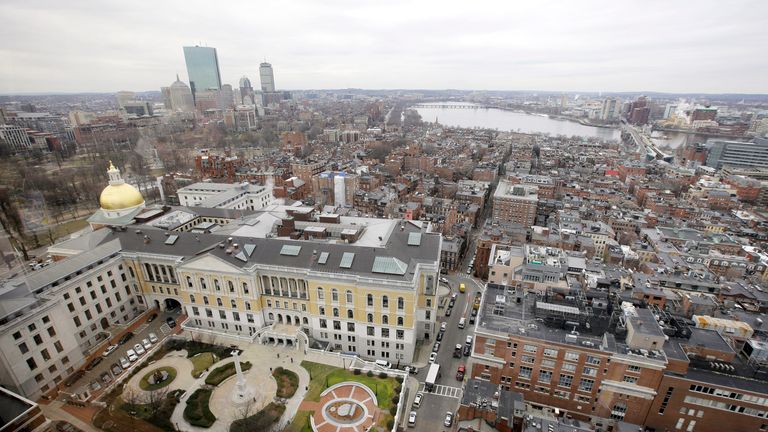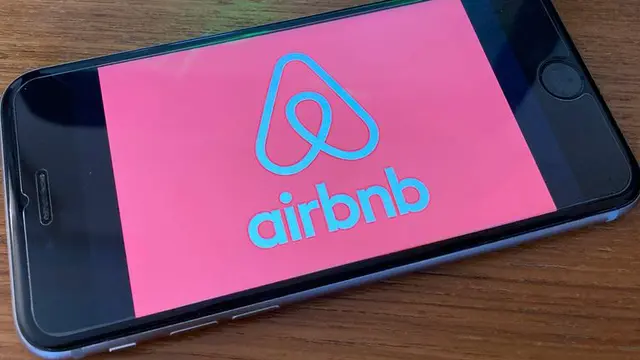Airbnb and similar online platforms for short-term rentals are causing an increase in violent crime, according to new research.
The peer-reviewed study, published in the journal PLOS ONE on Wednesday, examines whether there is any truth to anecdotal news reports that lodging platforms contribute to crime.
It found evidence that Airbnb listings lead to more violence in neighbourhoods over time, but not immediately, suggesting the tourists aren't bringing crime with them but that the transient population diminishes how communities prevent crime.
Researchers at Northeastern University in Boston conducted a statistical analysis of Airbnb listings and data on different types of crime in their city.
Covering a period from 2011 to 2017, the team found that the more Airbnb listings were in any given neighbourhood, the higher the rates of violence in that neighbourhood - but not public social disorder or private conflict.
This link developed gradually, however, over several years, suggesting that the tourists weren't the cause of the crime.
"Instead, an increased proportion of a neighbourhood's housing units being converted to short-term rentals may gradually erode local social dynamics, leading to increased violence," the researchers found.
The authors said it was "striking" that the issue wasn't the visitors themselves, but the impact on the community when housing units were converted into short-term rentals.
"In a certain light, this observation is analogous to the effect of Airbnb on housing prices. In the one case, Airbnb has removed material capital from the market, raising prices for renters; in the other, Airbnb removes social capital from the neighbourhood in the form of stable households, weakening the associated community dynamics," the study says.
The researchers recognised limitations to their study, including that it was only based on Boston, and they would want to see if the negative effects of Airbnb was reflected in other cities.

Image: The study focused on the impact of Airbnb on Boston neighbourhoods
Professor Babak Heydari, one of the authors of the study, said: "We show that it's not the number of Airbnb tourists who stay in a neighbourhood that causes increase in criminal activities, but it's the creation of transient properties spread throughout a neighbourhood that undermines social organisation and social capital and over time and can cause disorder and criminal activities as a result.
Prof Heydari added: "This paper is one of the first papers that measures the causal social impact of sharing platforms at neighbourhood level for short-term rental platforms [and] quantifies the causal effect of short-term rentals on criminal activities and disorders in neighbourhoods.
"More importantly, [this paper] identifies the mechanism behind such effects. Identifying causal mechanism is for more effective governance of these platforms, either through government regulations or via designing self-regulating mechanism by platforms themselves."
Airbnb's press office confirmed receiving Sky News' request for comment but did not respond before publication.
(Skynews)
 简体中文
简体中文

